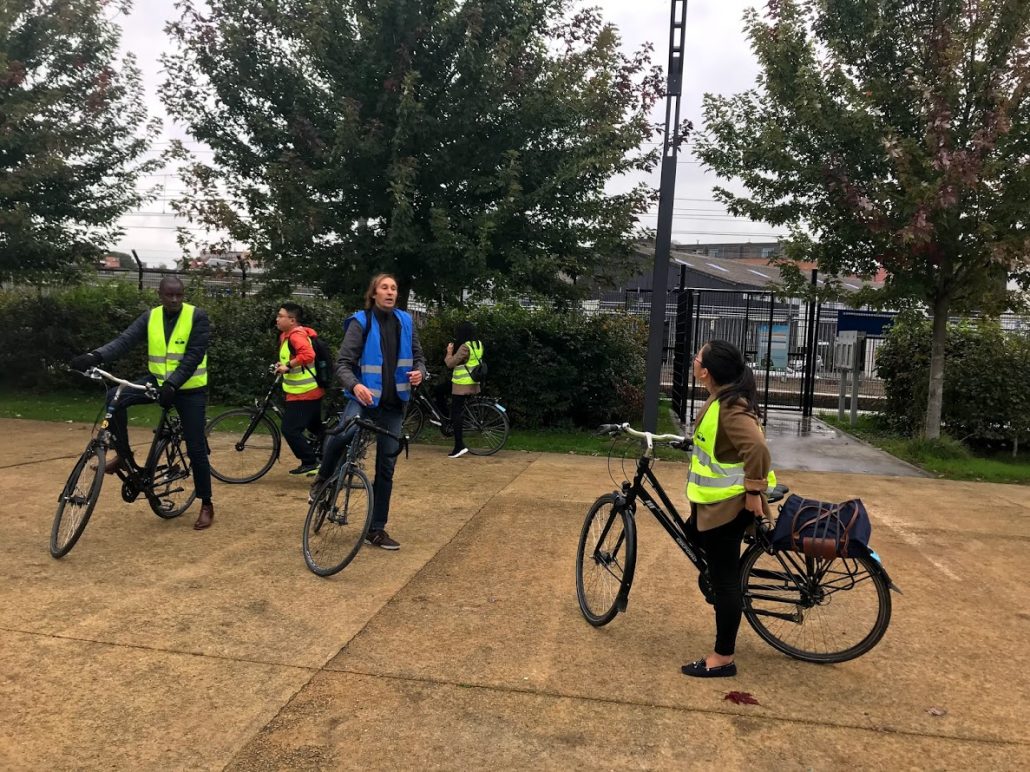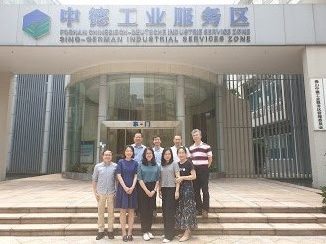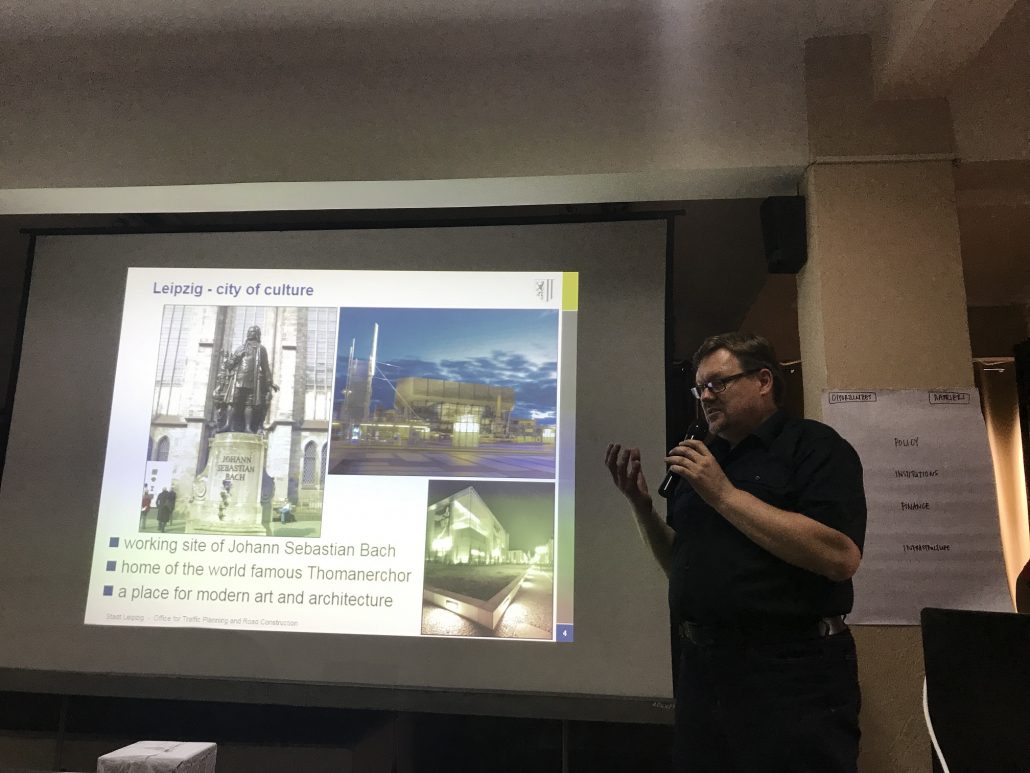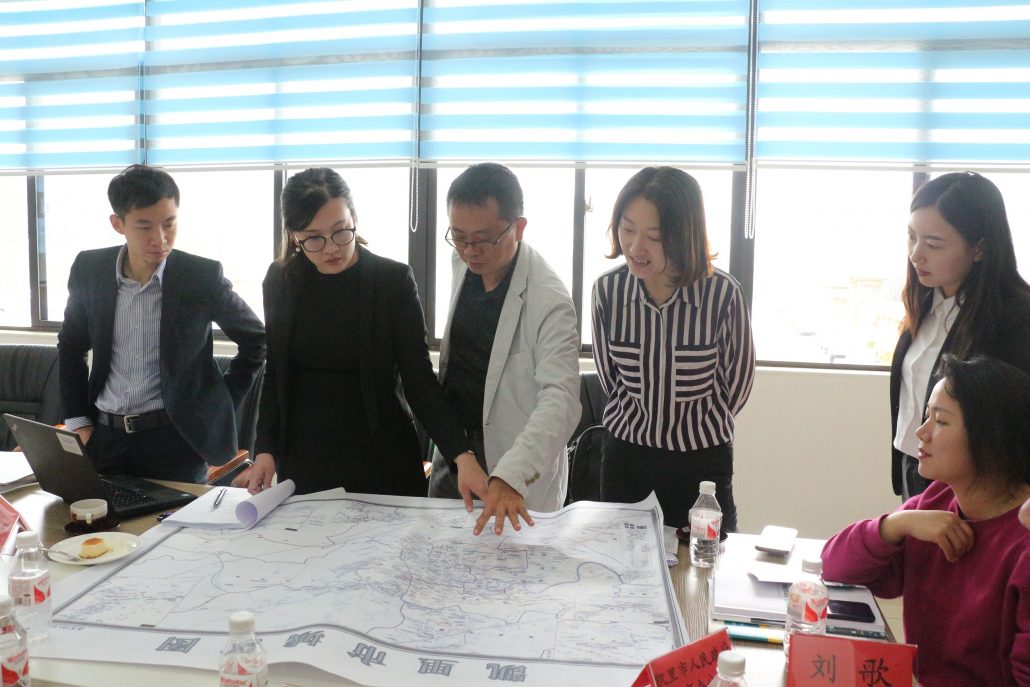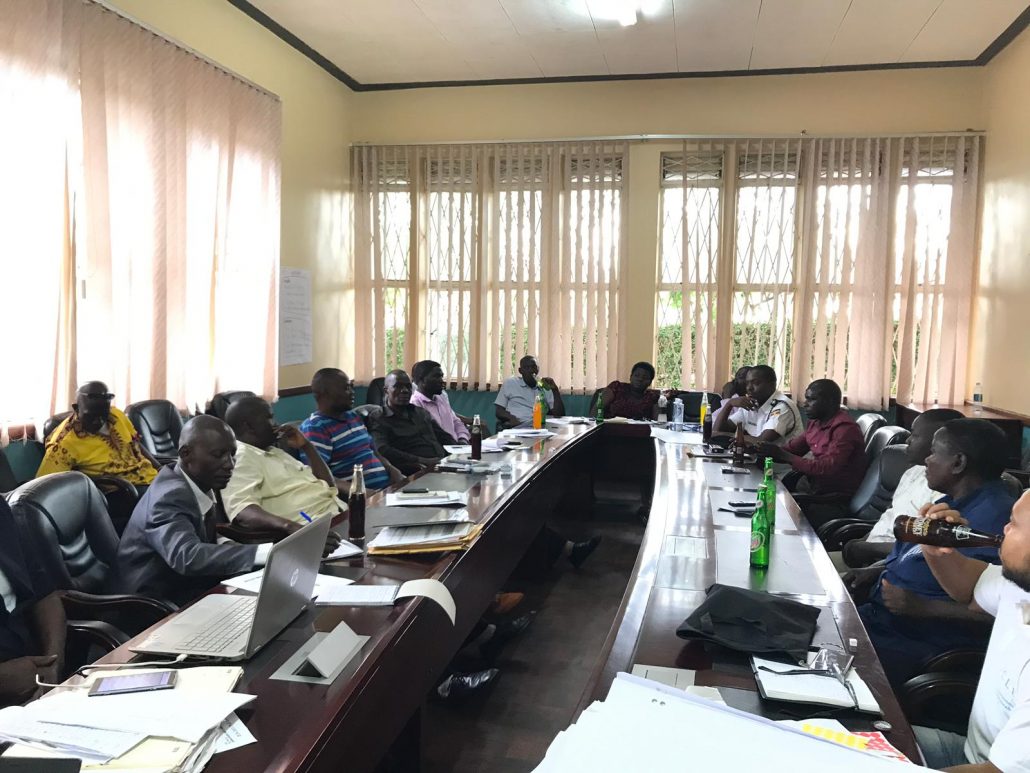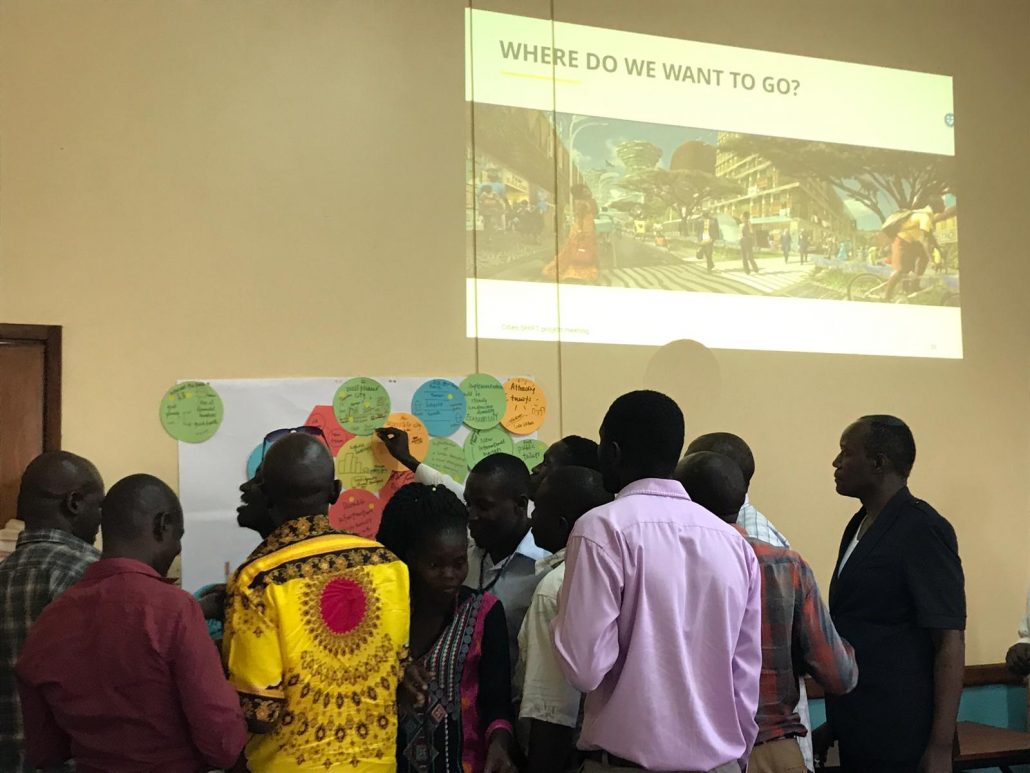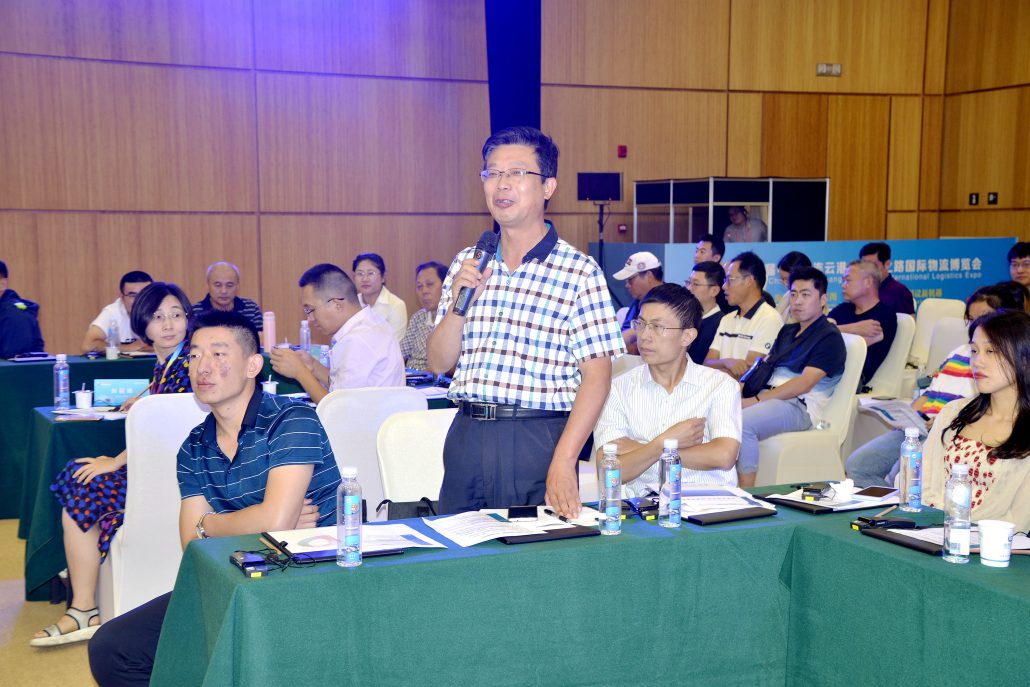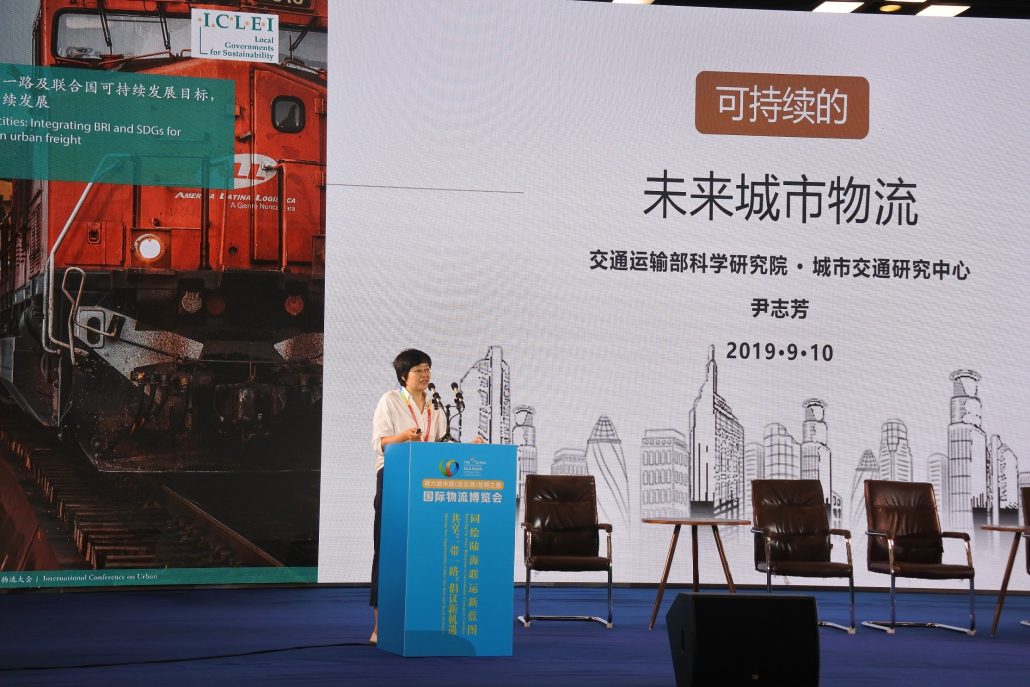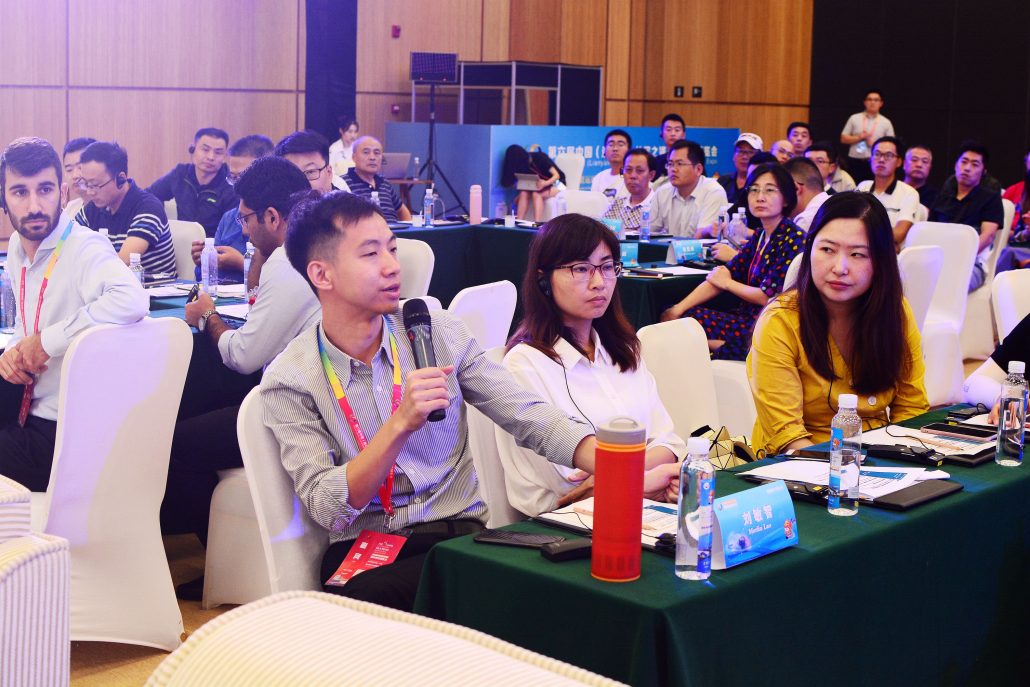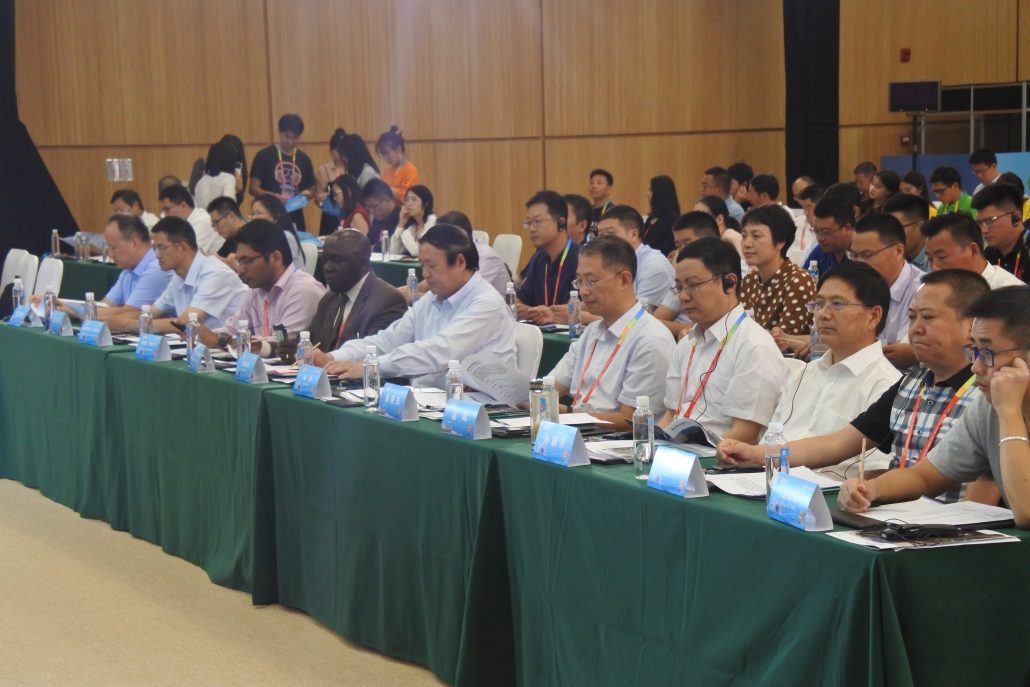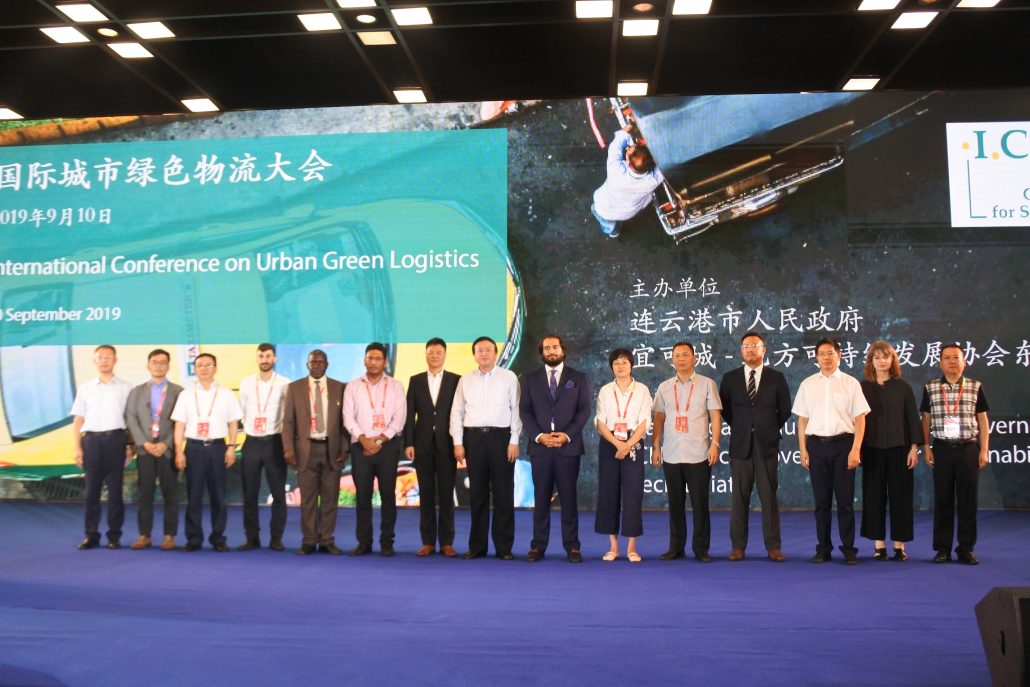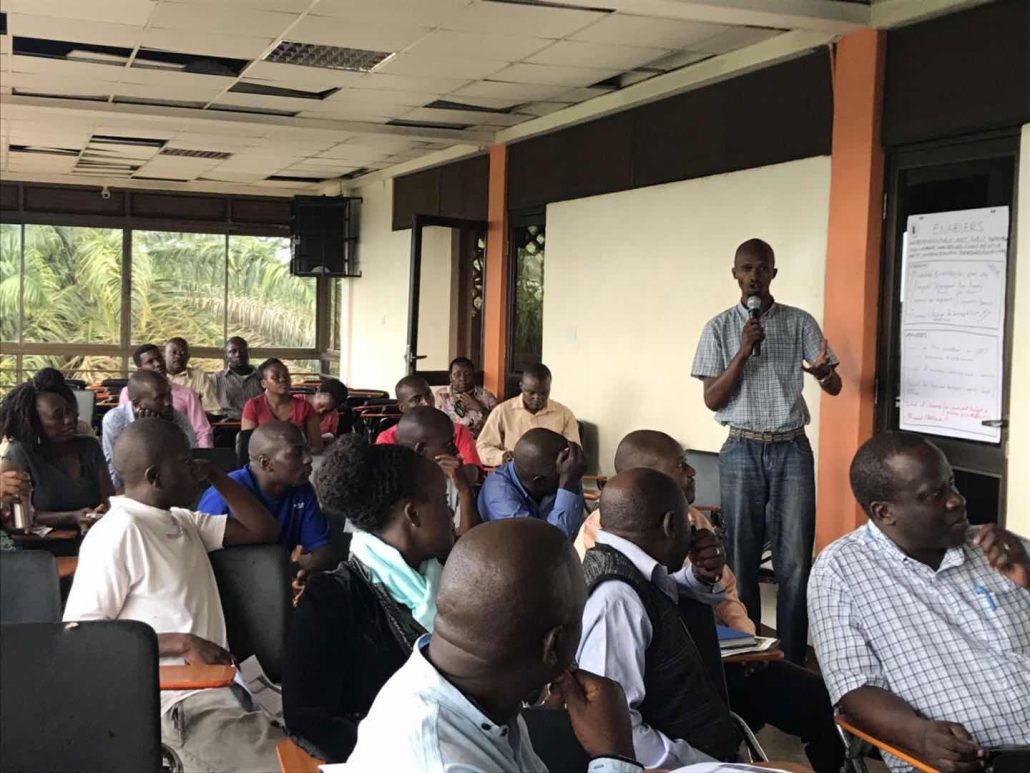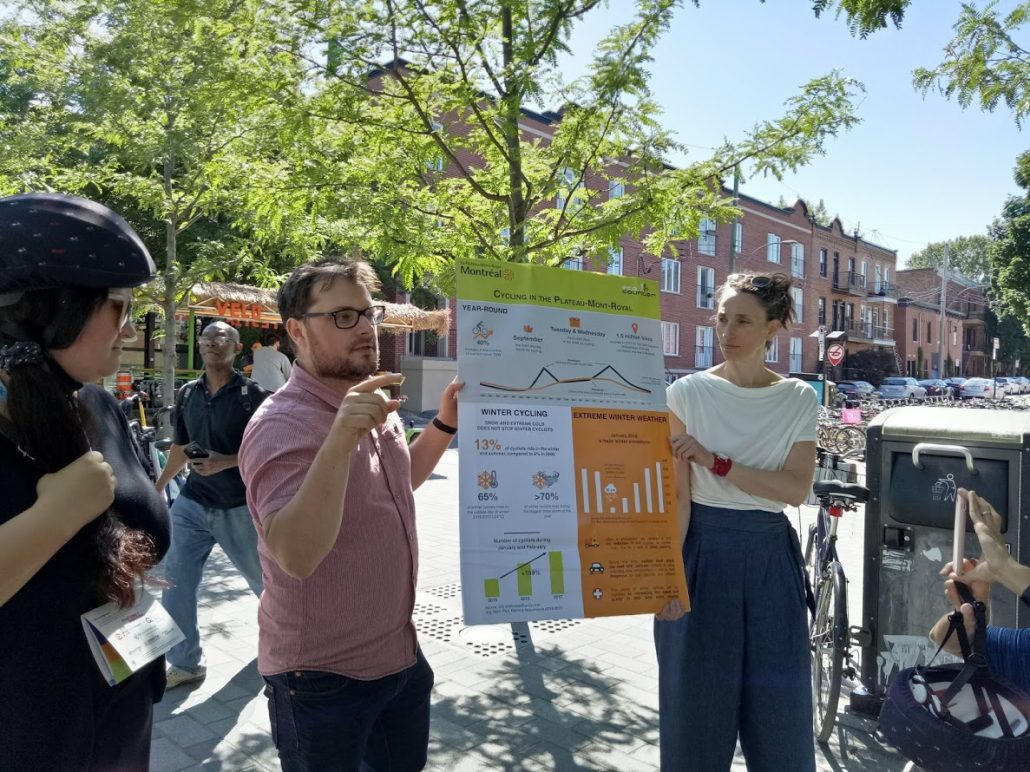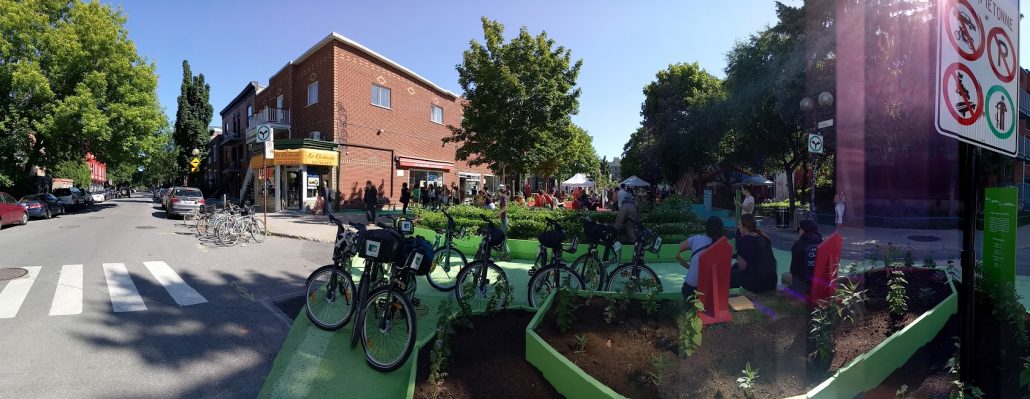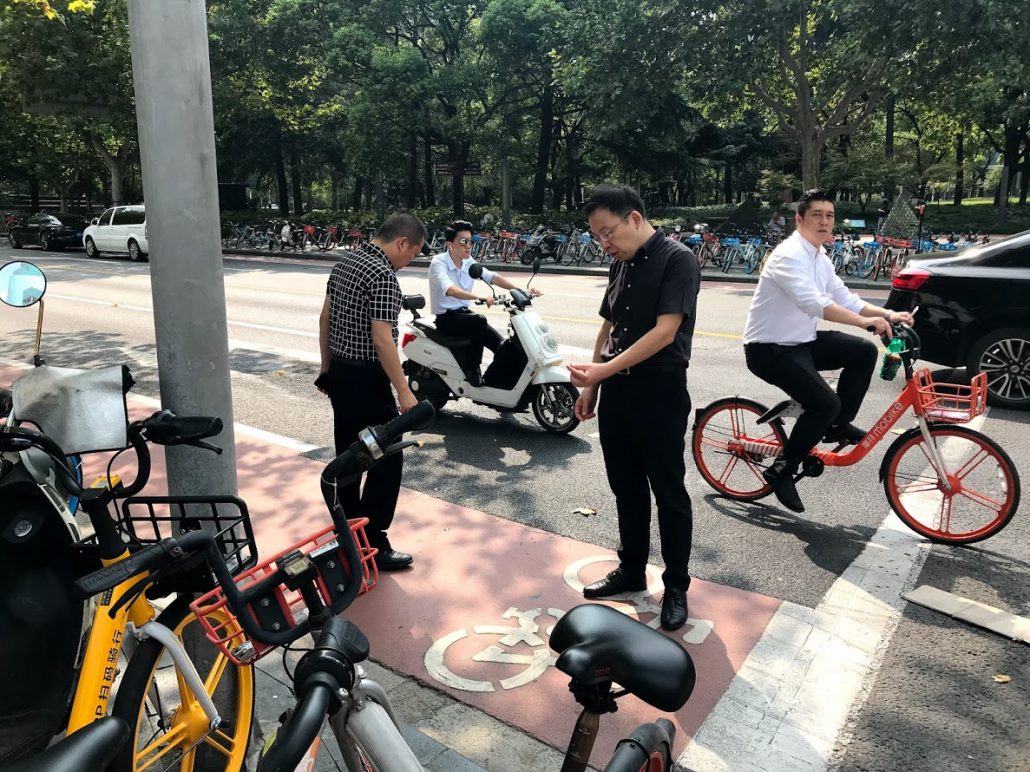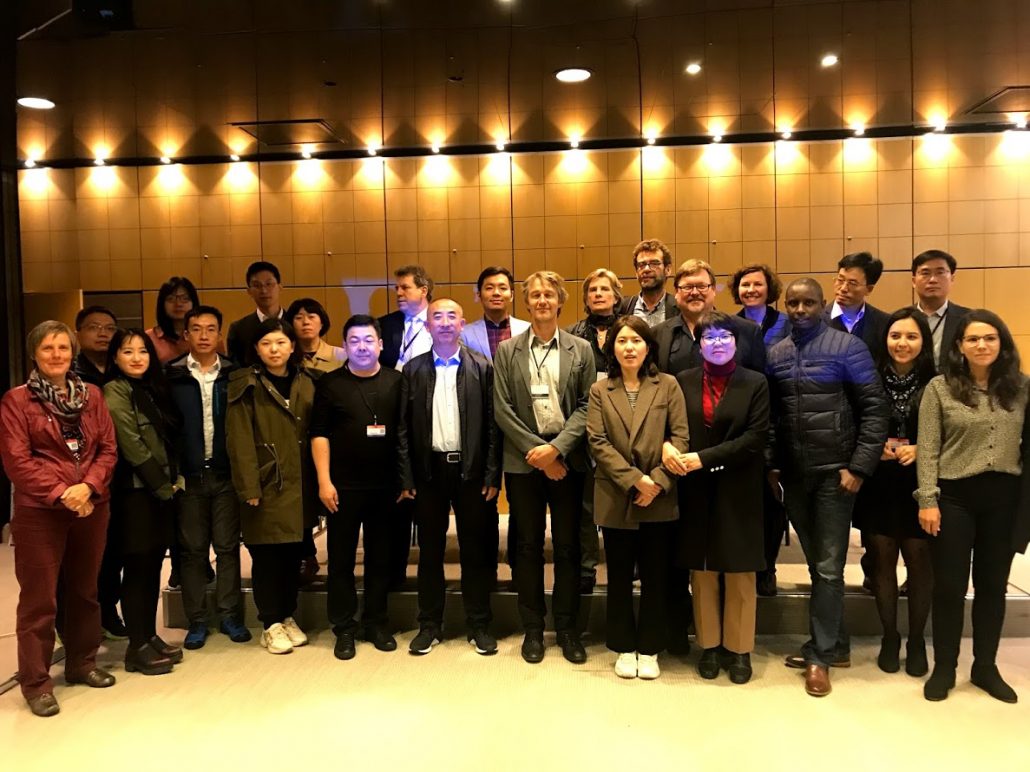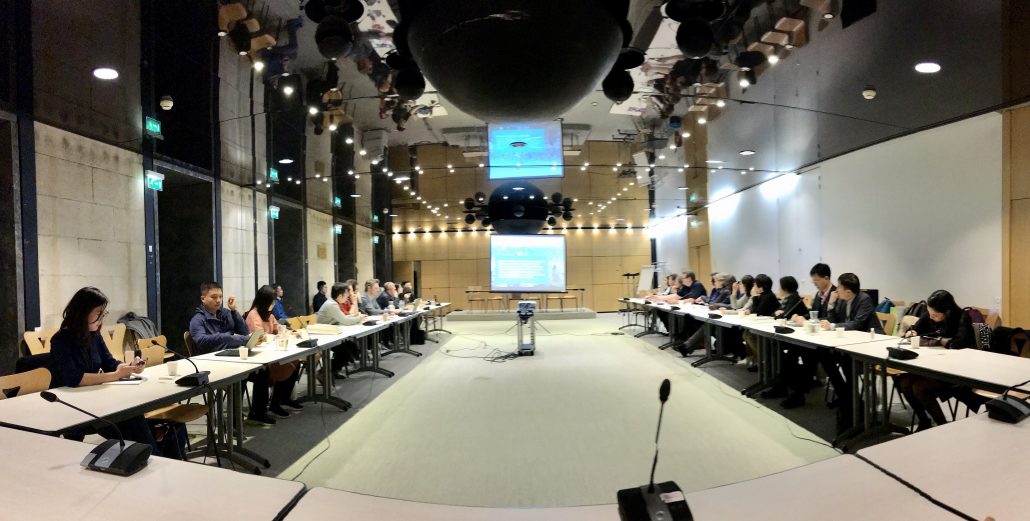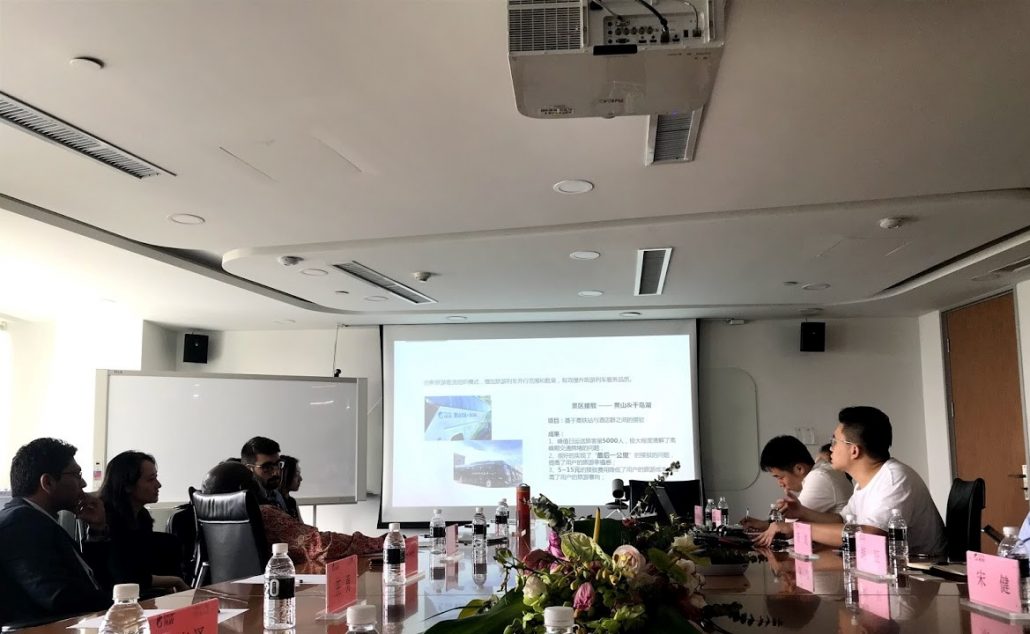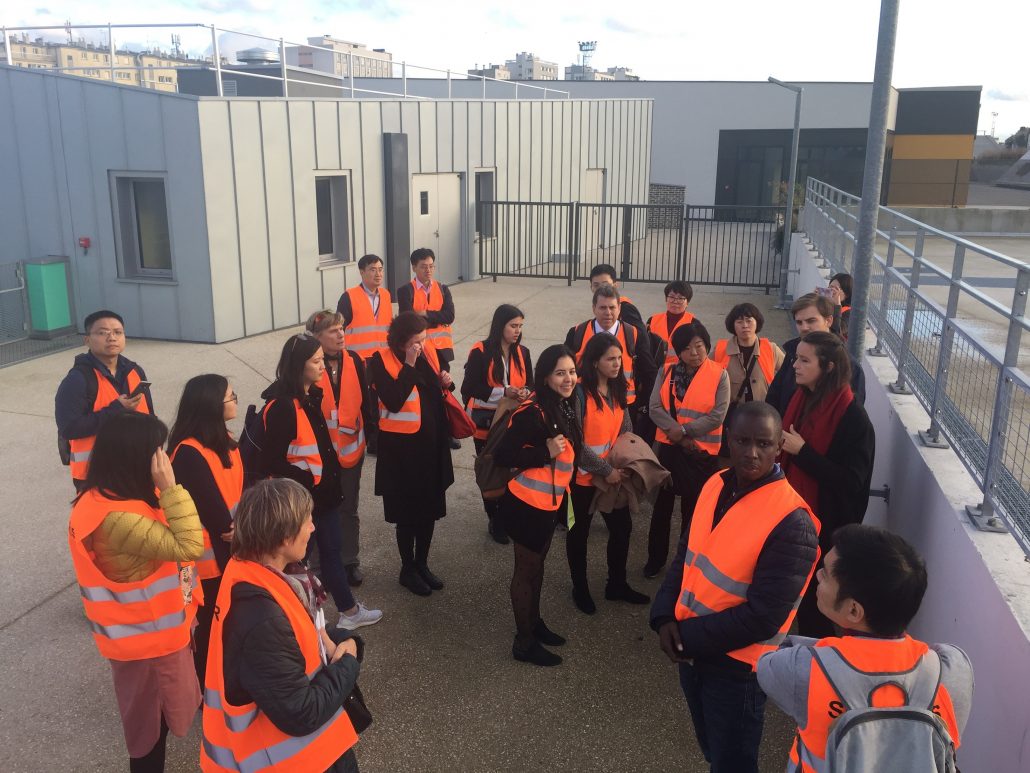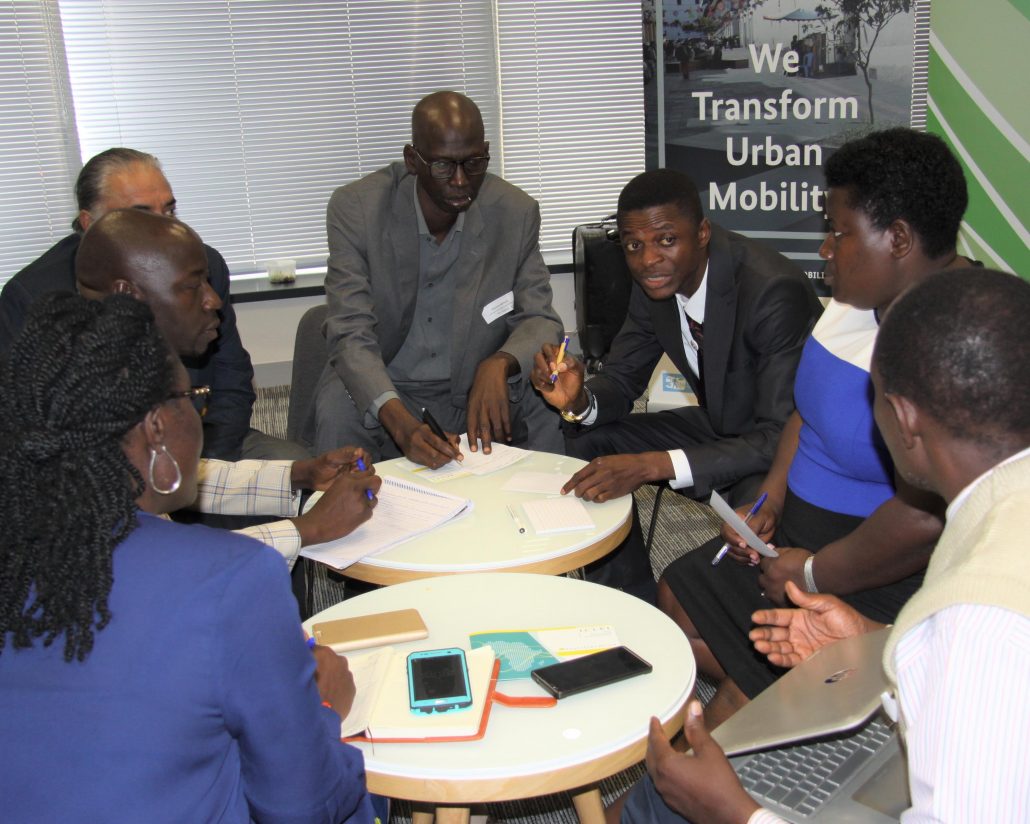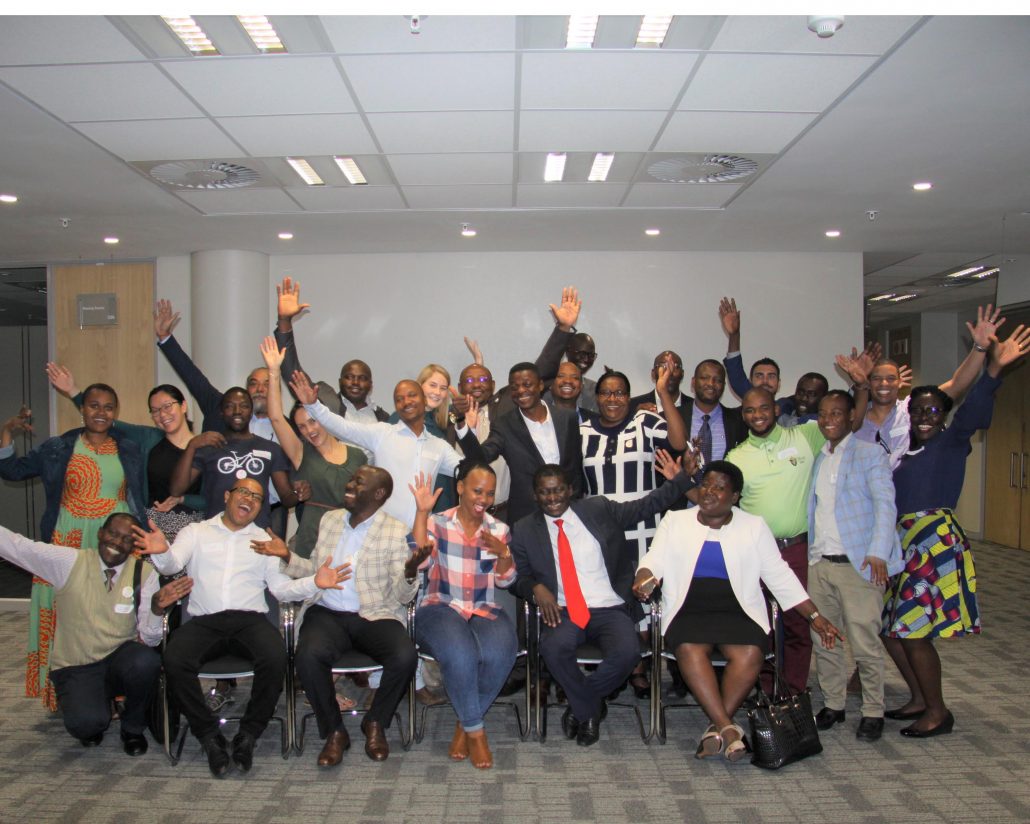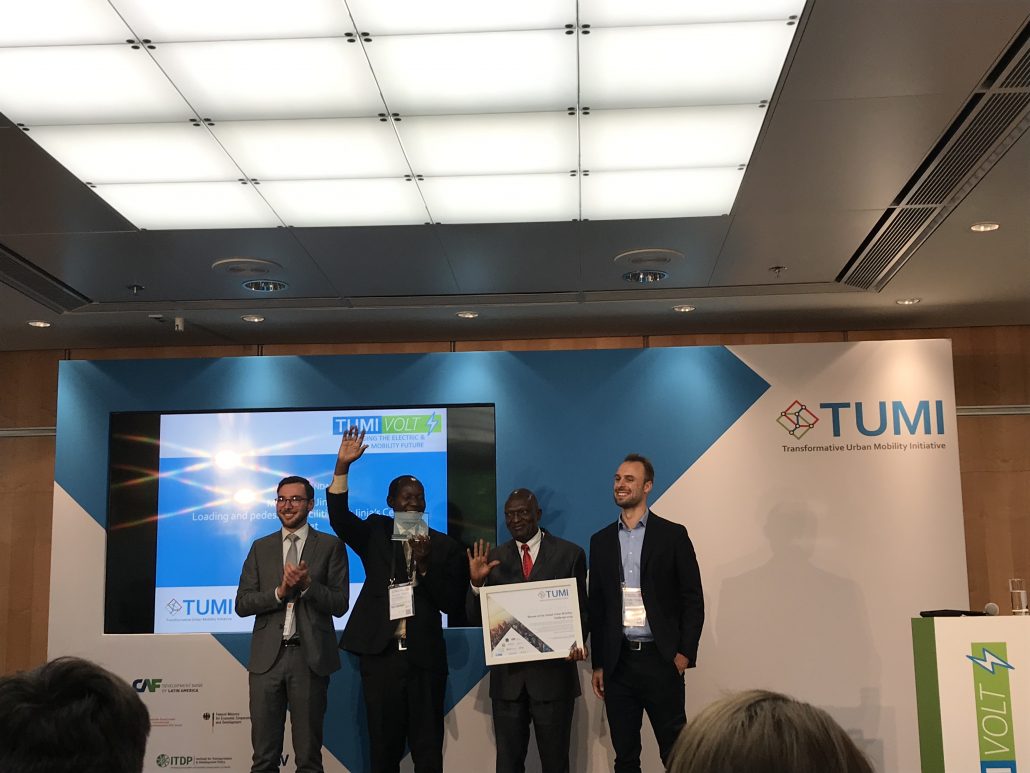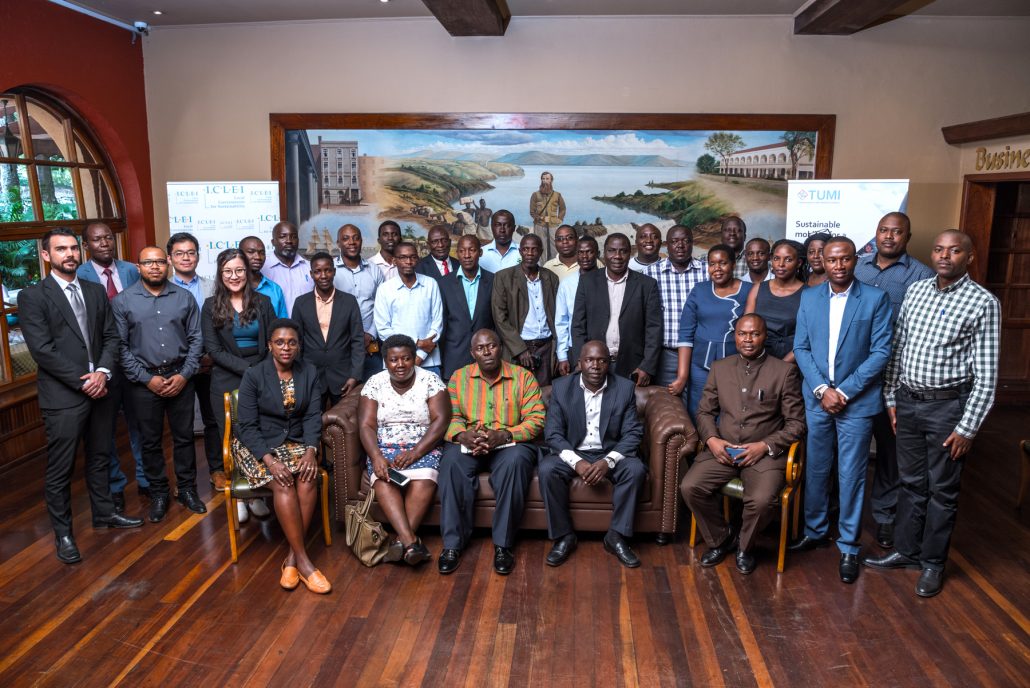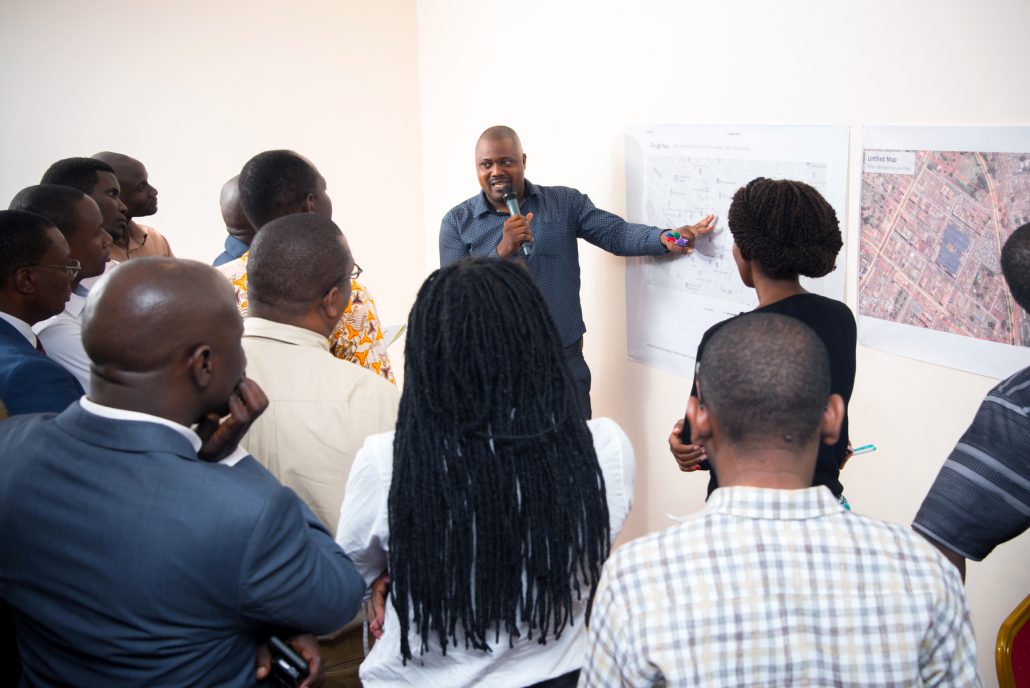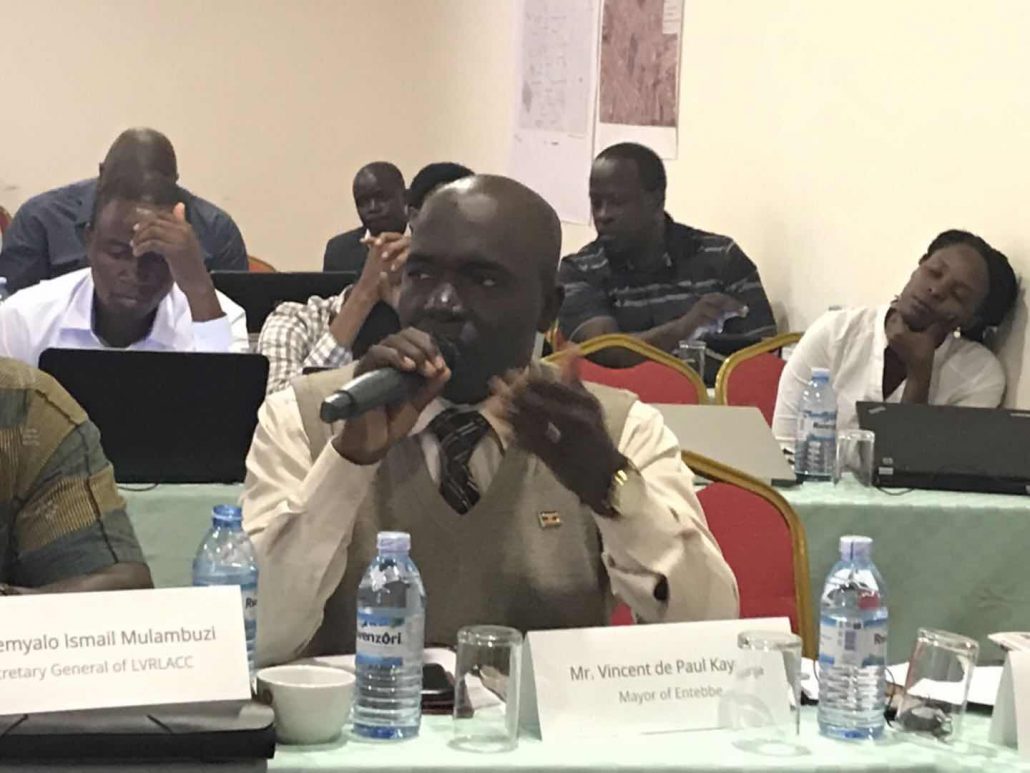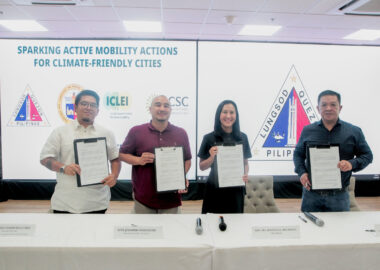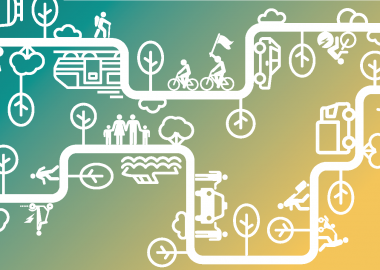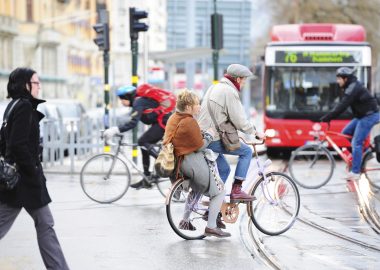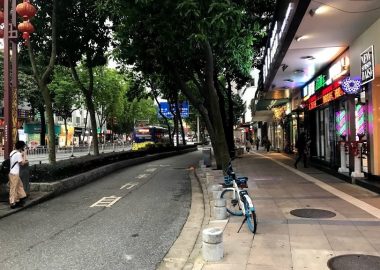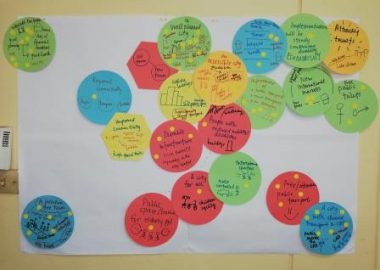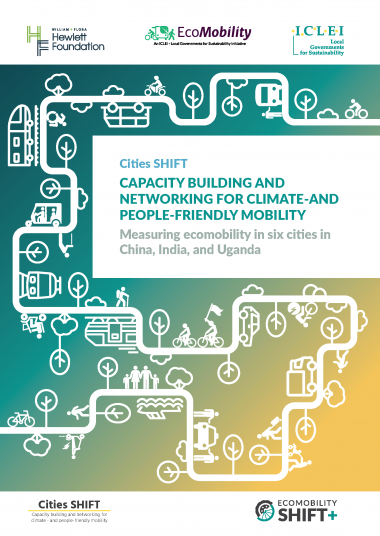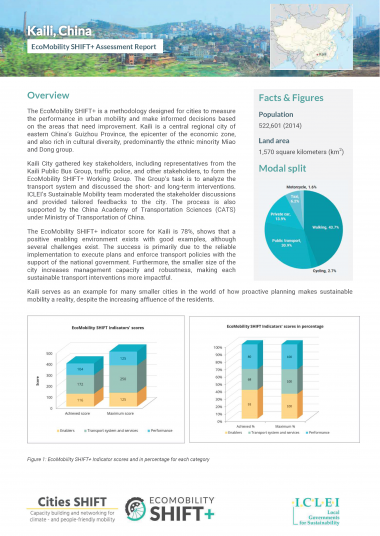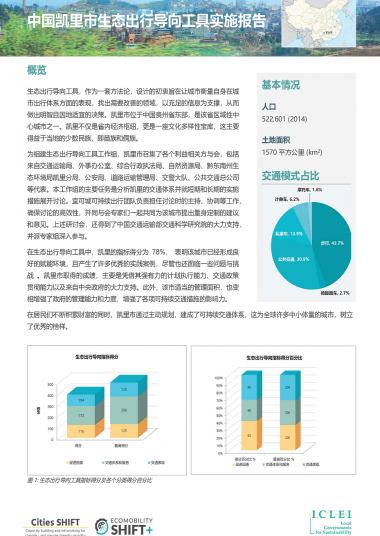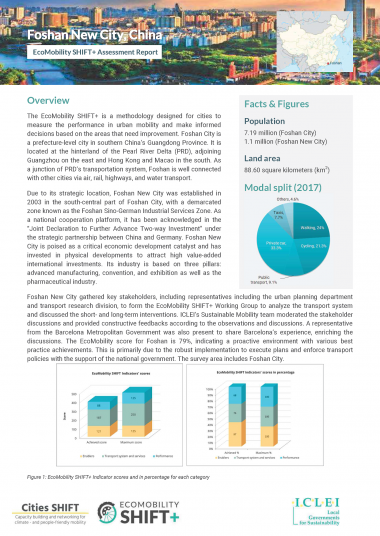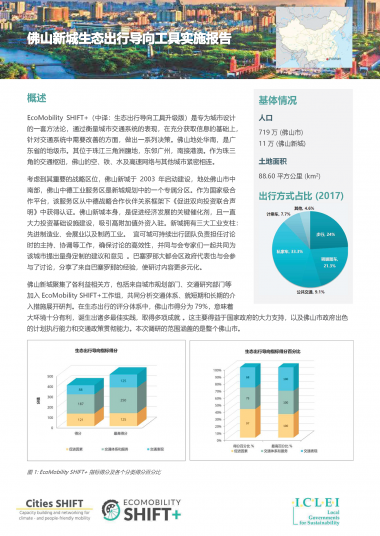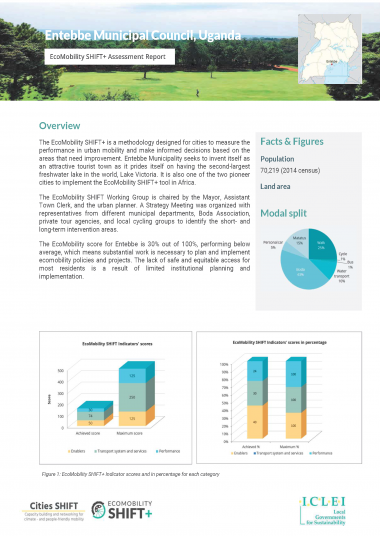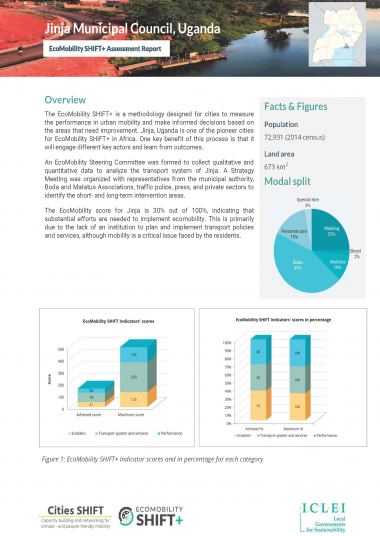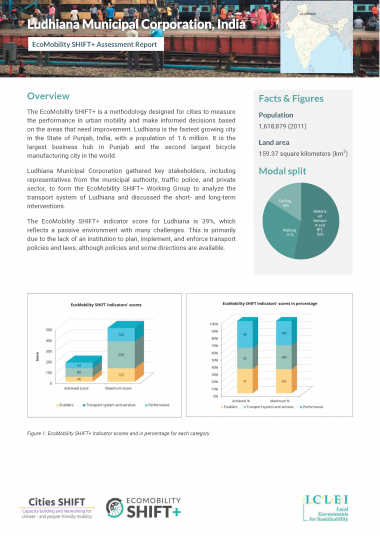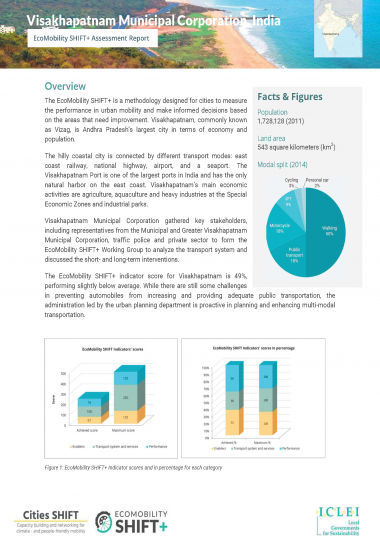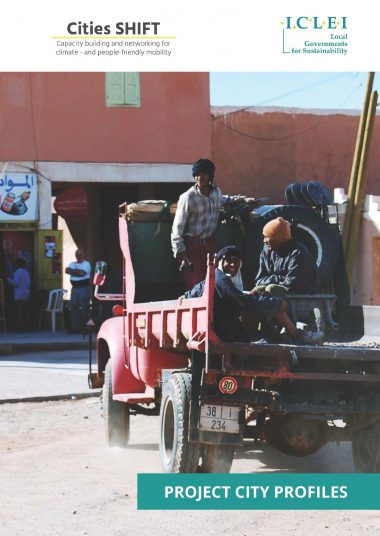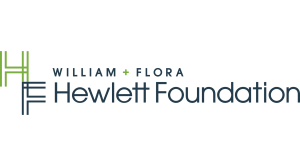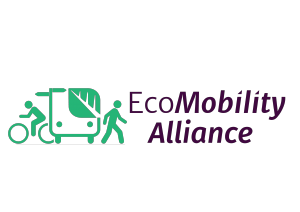Cities SHIFT
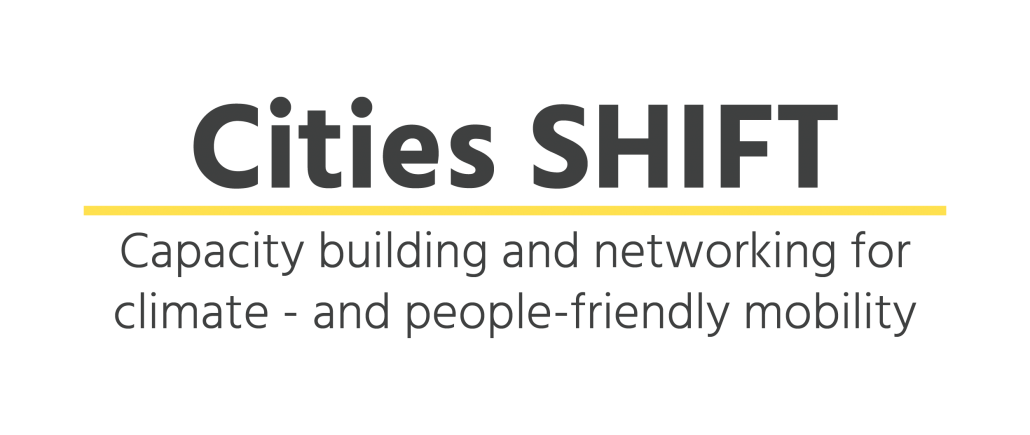
The overarching goal of the “CitiesSHIFT: Capacity building and networking for climate- and people-friendly mobility” project was to support cities to identify challenges and opportunities of urban mobility system in the hope that the city could shift towards more ecomobile modes of travel, i.e., walking, cycling, shared and public transport. Hewlett Foundation and the EcoMobility Alliance funded the two-year project (2018 to 2020).
Download the project report here to learn about the project findings and recommendations for the policymakers.
Project approach
Performance measurement
The EcoMobility SHIFT+ was adopted to measure the performance in urban mobility and make informed decisions based on the areas that require improvement. As part of the SHIFT+ process, stakeholder groups were formed to deliberate on mobility issues in their city and collectively identified and prioritized short-term and long-term interventions towards ecomobility.
The EcoMobility SHIFT+ is an updated version of the EcoMobility SHIFT methodology, which was developed in 2013 for European cities. The updated EcoMobility SHIFT+ is customized for both developed and developing countries. A comprehensive toolbox was developed for advanced management strategies and best practices on sustainable mobility.
Capacity building
Representatives from the Barcelona Metropolitan Government, City of Leipzig, and Nairobi City Council visited the Chinese, Indian, and Ugandan cities respectively and exchanged insights and experience, inspiring the project cities to improve their transportation policies or projects.
- 2 Thematic Working Groups
- 3 webinars with 140 global participants
- 127 stakeholders
- 4 conferences or forums
- 5 study visits
- 3 workshops
- 3 mentoring program
Global dissemination
- 6 city profiles
- 6 SHIFT+ reports
- 1 CitiesSHIFT report: Recommendation for policymakers

Foshan, China shared about Foshan’s electrification strategy at Autonomy 2019.
Cycling tour to learn about Brussel’s active mobility initiatives
Project commencement at Foshan, China
Torben Heinemann, Head of Transport Department of Leipzig City shared Leipzig’s sustainable mobility strategies to the Indian cities
Examining the map of Kaili, China to understand the transport systems in the area
Stakeholder engagement led by the Vice Mayor in Jinja, Uganda
Stakeholders envisioning the Jinja that they want to live in
A representative of Lianyungang City spoke at the capacity building workshop on sustainable urban mobility
A representative from the Chinese Academy of Transportation Sciences under the Ministry of Transportation in China presented the trends on urban freight in Chinese cities
Workshop discussions in Lianyungang
Participants at the Lianyungang Urban Green Logistics Conference
Invited speakers at the International Conference on Urban Green Logistics in Lianyungang, China
A cycling enthusiast proposed to improve Entebbe’s cycling environment
Community-led urban farming in Montreal
Study tour in Shanghai Chang Ning District
Participants at the city exchange with the Paris City
Learning about Paris’s sustainable mobility strategies
The TRIP transport company shared about the new vanpooling services
Learning about Paris’s urban logistics center, Sogaris
The exchange at the African Mobility Dialogue in Tshwane, South Africa
Participants at the African Mobility Dialogue
Jinja City won the TUMI Global Urban Mobility Challenge Award at TUMI-VOLT
TUMI-SHIFT capacity building workshop in Kampala, Uganda
The urban planner of Jinja presented the Jinja Central Market situation to gather insights for improvement.
Mayor of Entebbe giving an address at the TUMI-SHIFT capacity building workshop
Project cities
Project updates

Last update: 7 May 2020
Project Report
Project partners
The William and Flora Hewlett Foundation is a nonpartisan, private charitable foundation that advances ideas and supports institutions to promote a better world.
For more than 50 years, the Foundation has supported efforts to advance education for all, preserve the environment, improve lives and livelihoods in developing countries, promote the health and economic well-being of women, support vibrant performing arts, strengthen Bay Area communities and make the philanthropy sector more effective.


